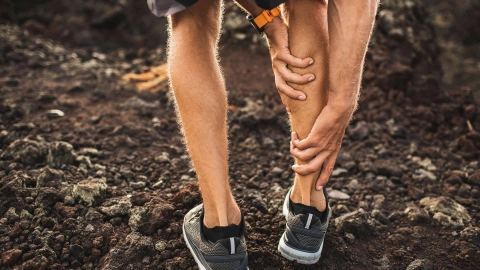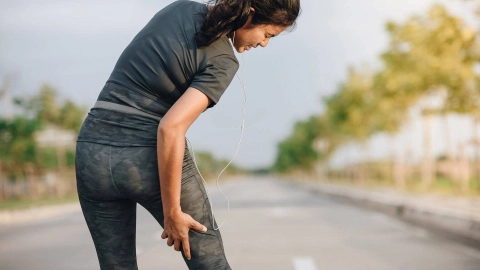ICD-Code S86.3: Injury of muscle(s) and tendon(s) of peroneal muscle group at lower leg level
You have injured muscles and tendons in your lower leg.
Tendons are made up of very firm connective tissue. Tendons attach muscles to bones. Muscles and tendons enable corresponding parts of the body to be moved.
Muscles and tendons can get injured in an accident, for example. You have damaged muscles or tendons on the outside of your lower leg. These muscles are usually used to draw the outer edge of your foot upwards.
Where exactly the problems are depends on which muscle or tendon has been damaged. The problems also depend on which part of the muscle or tendon has been damaged. When muscles and tendons in your lower leg are damaged, you are usually no longer able to move your leg properly. The movement is then no longer as strong as usual. The range of movement is often reduced, too. When muscles or tendons are badly damaged, they may also tear, for example. You can also have pain in the area affected.
Additional indicator
On medical documents, the ICD code is often appended by letters that indicate the diagnostic certainty or the affected side of the body.
- G: Confirmed diagnosis
- V: Tentative diagnosis
- Z: Condition after
- A: Excluded diagnosis
- L: Left
- R: Right
- B: Both sides
Further information
Source
Provided by the non-profit organization “Was hab’ ich?” gemeinnützige GmbH on behalf of the Federal Ministry of Health (BMG).



